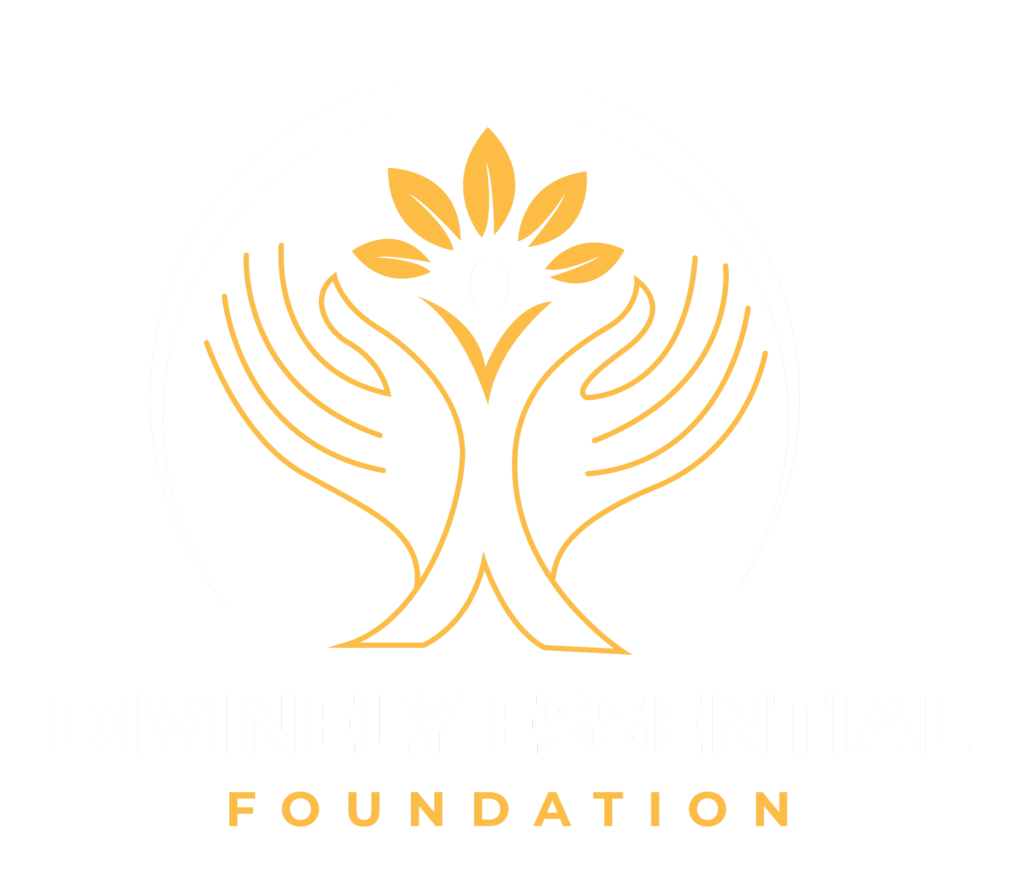How Can We Improve The Situation?
1, Impacting life skills to children from 5-18yrs.
2, Service workforce in need of basic counselling skills.
3, Provides hands on training materials to help to get these children on safety and great achievement.
4, All children have the same right from the poorest to the wealthiest. These rights do not change.
Perhaps the biggest tragedy of all is that we know how to turn tragedy into triumph…we just need more help doing it! We know how to turn terrible statistics into wonderful statistics. And when you help the children, you are doing a wonderful thing, but the good you have done doesn’t stop there. It spreads!
The world and global society benefit when we help orphan children.
Instead of harming themselves and others, they grow up to be responsible, healthy, adults that give back to the community they live in instead of taking away from it.
The good that is done, is generational.
When we give the children what they need to THRIVE, not just survive we break the cycle that creates orphans in the first place, and the next generation of children will see less orphans, instead of abounding them, we have to raised them in a healthy and loving environment. There will be less crime, less disease and less orphan children to take care of.
The Resource To Improve The Life’s Of The Childeren
1, Every child has the right to express their views freely on all matters affecting them. They need to be encouraged to develop and respect their independent opinions.
2, All children need to receive effective protection from harmful influence, abuse (physical and mental, corporal punishment and all forms of exploitation.
3, All children need to be properly trained and given them the appropriate education of discipline techniques.
4, Every child deserves to receive quality education, appropriate to their abilities and interest of enrichment programs that will have access to higher education.
5, All children will have a consistent access to clean water and electric power in a safe environment.
6, All children deserve to be protected and live in a family style environment. They need to be provided with quality medical attention at all times, heathy and hygiene habits, nutritious foods in every meal.
Every person ever conceived, was born with specific needs. Those needs include critical needs such as food and shelter, security, the knowledge or belief that one is of value to themselves and others. Children will first seek their critical needs…and the supply of those critical needs will instill a learned behavior. And then they will seek the other needs as well, and the source of those needs will again become a learned behavior. For example, if a starving child learns that the surest way to not be hungry is to steal…they will learn that behavior as a means of survival. If being for example, a child soldier, or a terrorist means that they are fed, clothed and receive attention and praise from an adult figure, again they will learn that these types of behavior bring them rewards…supplying them with their needs. In a sense they will become what they have learned in their struggle to survive and belong. In essence, every orphan child will either perish or receive his or her basic human needs from some source…good or bad. It is up to those who have the means and the opportunity, to be sure that the source of their care is a source with good intentions. If we don’t, it will be the pimps, slave traders, ill-willed relative, thieves, gangsters, warlords and terrorists that do.
Adoption helps but it is not a complete solution. Every year thousands of children are adopted into loving homes! Adoption is a wonderful option for parents who want to grow their family through adopting. OLI offers adoption consultation, education and service referral. Unfortunately, only a tiny fraction of children without parental care will ever be adopted. There are simply too many of them and a large number of them are not eligible for adoption due to various legal reasons.
Foster care helps, but it is not a complete solution. In developed nations and even some developing nations, foster care is providing for tens of thousands of orphans! There are many nations where poverty and lack of social infrastructure means that foster care is very limited or non-existent. Some countries, even without infrastructure, have foster care homes administrated and monitored by non-profit private organizations. Unfortunately, such programs are not very scalable. In addition to these issues, in some countries there are cultural issues. There are countries where caring for children that are not family members is not entirely understood as being a social responsibility. There are also countries where it is understood, but not administered in an equitable fashion. The children are not treated the same as a biological child would be. Often, children taken in are treated as indentured servants.

